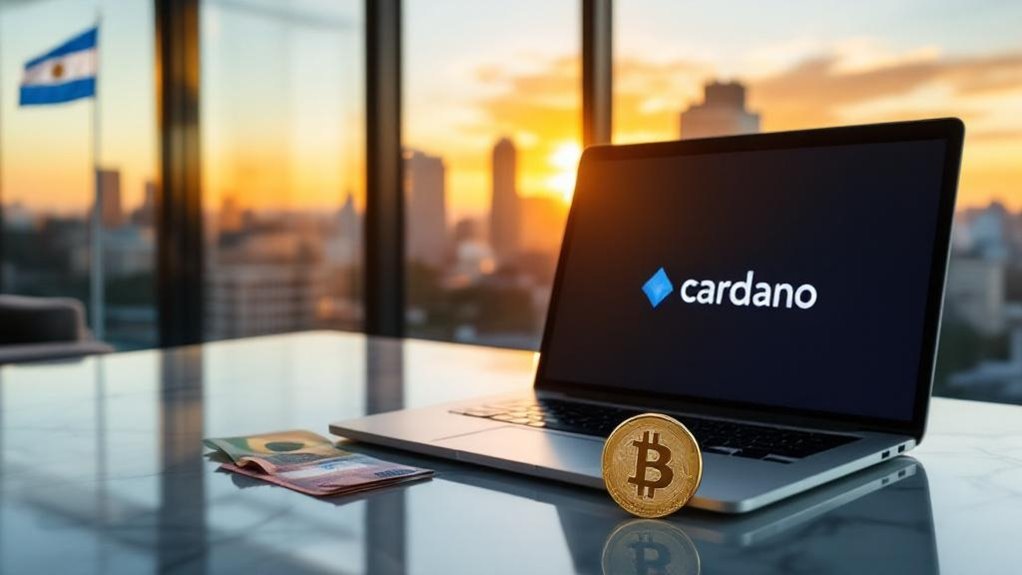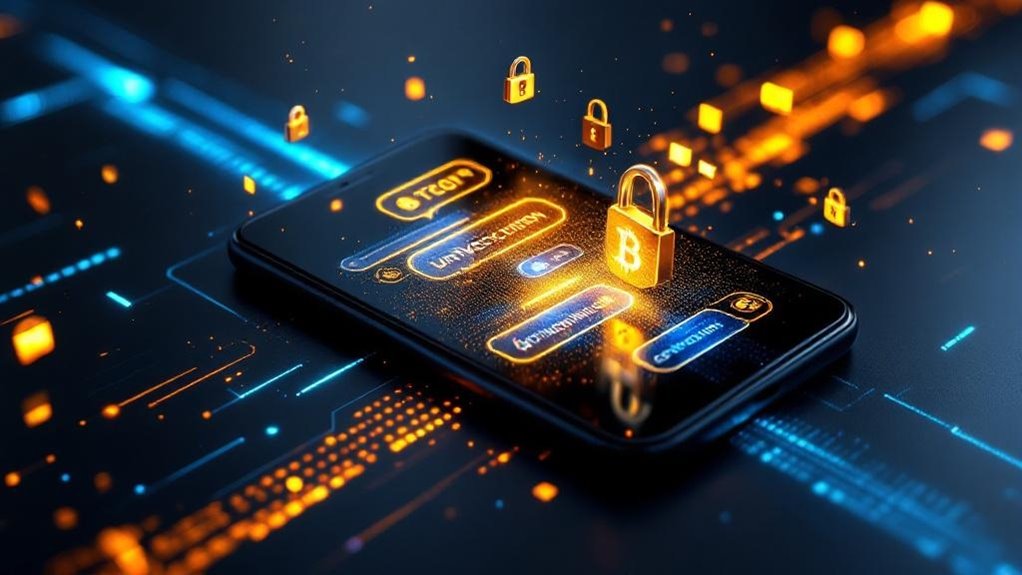MemeCoinCook.com serves up spicy crypto memes and info for entertainment only—this ain’t financial, investment, legal, or professional advice! Whipped up with AI flair, our content might have some half-baked bits, so DYOR before you dive into the crypto pot. NFA, folks—we’re just tossing out ideas, not guarantees. We make no claims about the accuracy, legality, or tastiness of our posts. Sip our content at your own risk! Check our Terms of Use for the full recipe.

Crypto’s Quantum Blindspot: Analyst Warns of Dangerous Unreadiness
While crypto enthusiasts debate the next bull run, a more serious threat looms quietly in research labs worldwide. Quantum computing, once a distant sci-fi concept, is rapidly becoming reality—and the crypto world might not be ready.
Quantum computers process information fundamentally differently than traditional computers. Instead of checking possibilities one by one, they explore vast numbers simultaneously. Think of it like searching for a specific grain of sand: a regular computer examines each grain individually, while a quantum computer somehow checks millions at once. This superpower makes them exceptional at cracking codes.
Bitcoin’s security relies on cryptographic systems like SHA-256 and ECDSA, which protect your private keys from hackers. These systems work because traditional computers would need centuries to break them. But quantum computers? They could potentially crack these codes in hours or days using something called Shor’s algorithm—a quantum recipe for breaking encryption. What makes this threat even more pressing is that attackers are already engaging in harvest now, decrypt later strategies, collecting encrypted data today to decrypt it once quantum computers become powerful enough.
The timeline remains uncertain. Experts estimate quantum computers powerful enough to threaten Bitcoin are still 10-20 years away. However, recent studies suggest they might need fewer resources than previously thought. New research from Google Quantum AI indicates breaking RSA encryption may require 20 times fewer quantum resources than earlier calculations suggested. IBM’s new quantum processor, nicknamed ‘Kookaburra’, represents another step toward this quantum future. Each advancement brings us closer to the tipping point.
The crypto community isn’t sitting idle though. Post-quantum cryptography—basically quantum-resistant locks—is under active development. NIST has already outlined guidelines for adapting to these new security measures. The challenge lies in implementation timing. Move too early, and you might compromise efficiency. Wait too long, and well… nobody wants to be the last person hodling vulnerable coins when quantum computers arrive.
Older wallet formats face particular risks. If you’ve been in crypto since the early days, your dusty wallets might need attention sooner than expected. The shift to quantum-resistant systems won’t happen overnight, requiring careful coordination across the entire ecosystem.
While the quantum threat isn’t immediate, it’s real enough that ignoring it would be foolish. The crypto world prides itself on being forward-thinking and decentralized. Perhaps it’s time to apply that same energy to quantum preparedness. After all, the best time to fix your roof is before it starts raining.



